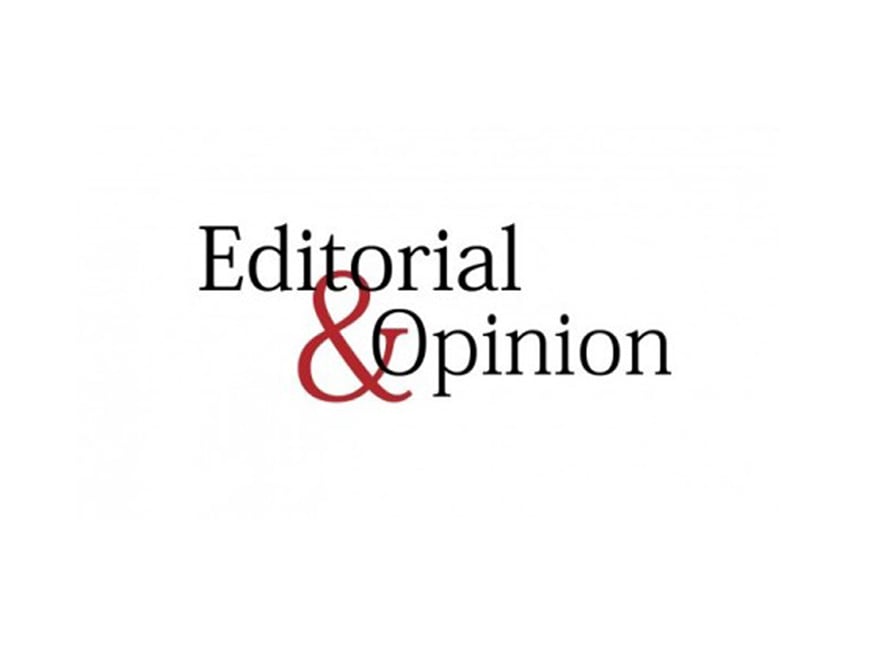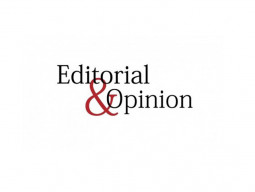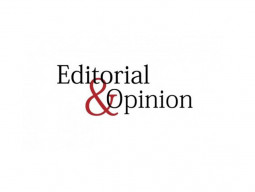
The consensus between Pakistan and Turkiye to graduate their trade relationship to $5 billion is a step in the right direction. Both the countries have cemented new avenues in bilateralism in arenas of defence, commerce, aviation, energy and technology during the last many years, and a reiteration to discover new vistas is on the spot. It is, however, concerning that Pakistan's exports to Turkiye are not more than $500 million. Apparently that lackluster warranted both the countries to buckle up their synergies as they signed 24 agreements to strengthen cooperation in various sectors, and also established three new Joint Standing Committees – on security, health and technology – at a time when the region is in a state of flux, and resounding bilateralism is desired.
Ankara and Islamabad also categorically snubbed the US initiative of dislodging the Gazans from the besieged enclave, and denounced the concept of a 'Palestine state inside Saudi Arabia'. It was a remarkable stance to take by two major Muslim states, as they called for democratisation of the UN and a joint resolution on fighting terrorism. Their unanimity on Palestine to see an independent state based on the borders of 1967 will have ripples at a time when geography in the Middle East is up for a toss, and radicalism is on the rise. Likewise, Pakistan's support for Turkish Cypriot and Ankara's nod to exterminate terror elements was noticeable.
President Recep Tayyip Erdogan was quite generous as he called on the Turkish investors to map Pakistan in their scheme of things, and rightly underscored the need for vibrant collaboration between the private sectors in the two countries. There are ample avenues that are in need of being tapped, and trade and tourism tops them. Turkiye, of late, has become a big-ticket market for joint collaborations, and its repositioning with a sound foreign policy has helped it lead from the front in the international milieu. That necessitates working for an ease in visa regime, along with broadened facilitation for student exchanges.




















COMMENTS
Comments are moderated and generally will be posted if they are on-topic and not abusive.
For more information, please see our Comments FAQ